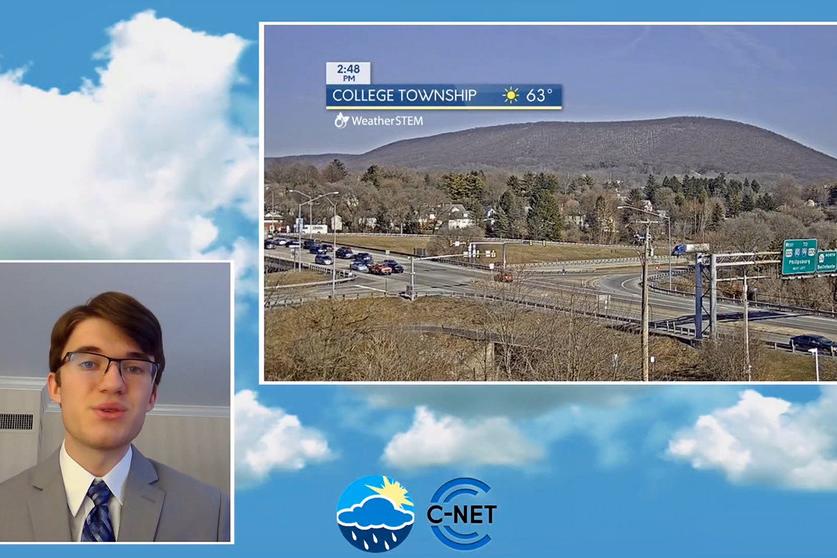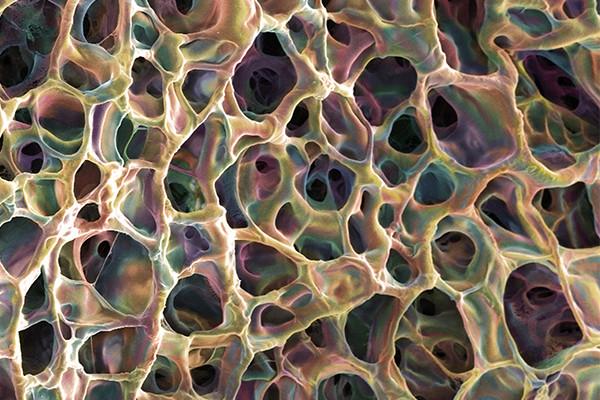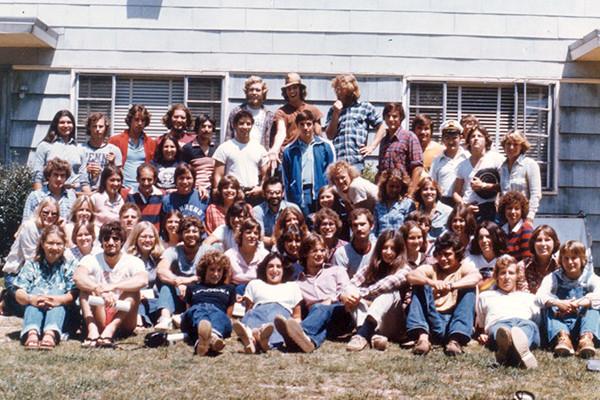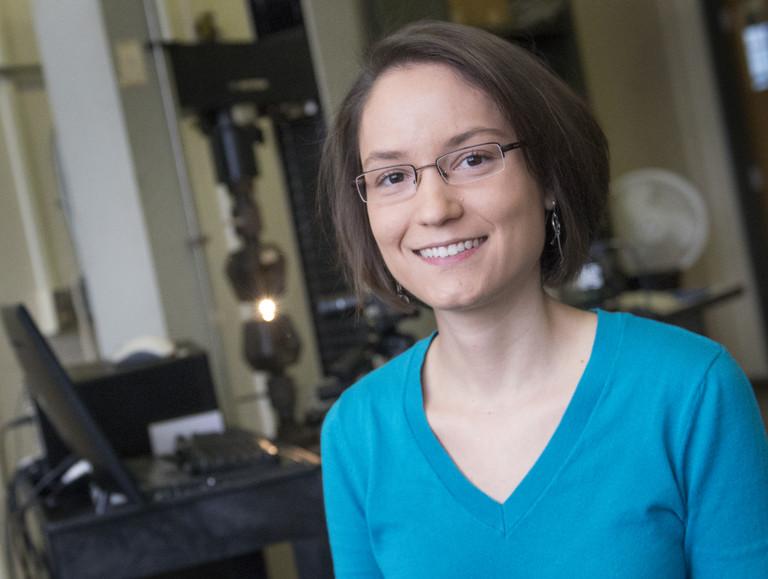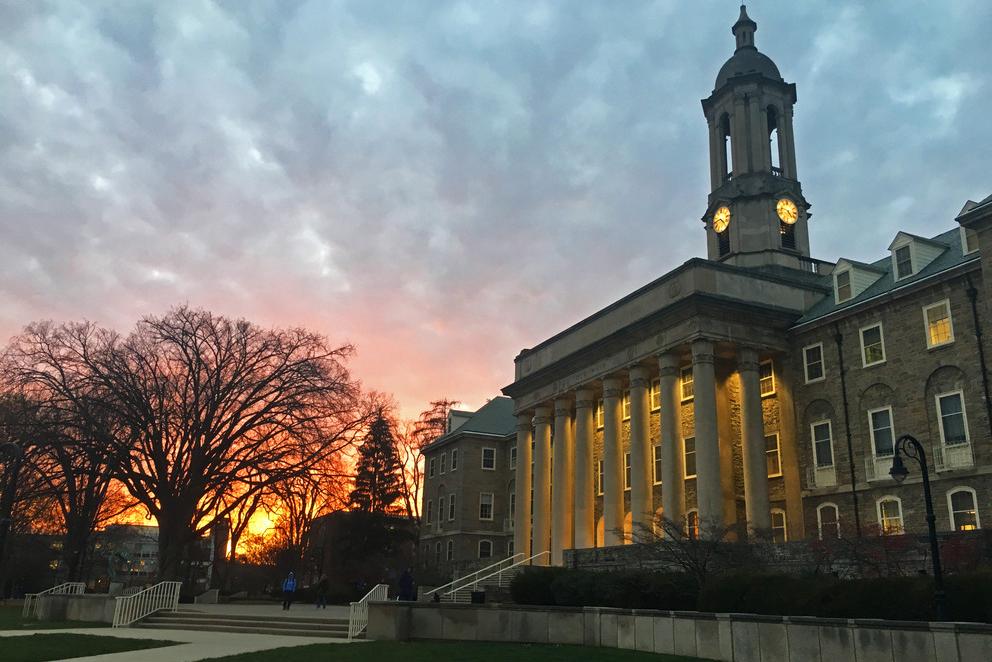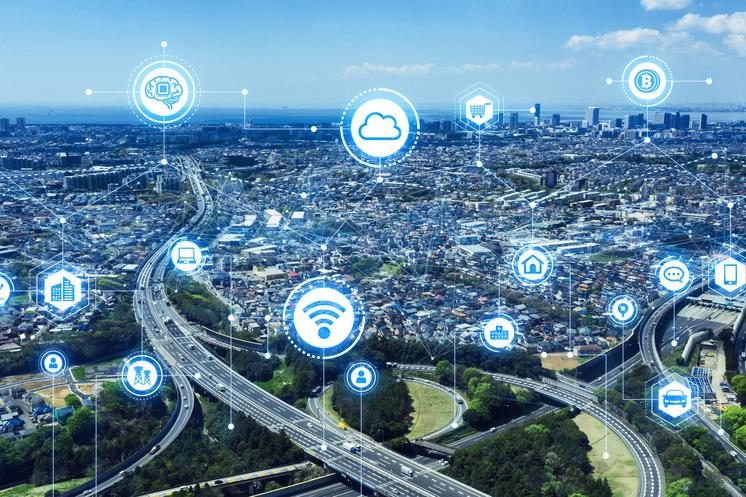Christopher Tate’s first word may well have been “weather.”
A two-day virtual symposium featuring speakers from academia and industry will be held from 1 to 6 p.m. on Wednesday and Thursday, April 14-15, and will discuss the past and future of polymer sciences. The symposium is free and open to the public via Zoom.
There’s an old adage that goes if you can instill in someone a piece of advice, a bit of knowledge, then through them that lives forever. What you started passes on through generations.
A panel of energy experts from Penn State and industry will discuss how energy systems are currently designed to be resilient to extreme weather events, and how they may need to be designed in the future. The panel discussion, which is free and open to the public, will be broadcast at 2 p.m. EDT on Monday, April 12 via Zoom.
The additive manufacturing and design (AMD) program at Penn State has named Allison Beese, associate professor of mechanical engineering and materials science and engineering, as its next director.
David Victor, professor of industrial organization and innovation and co-director of the Deep Decarbonization Initiative at the University of California San Diego, will discuss the choices and technology available to make climate policy work at a talk at 4 p.m. Monday, April 5.
Laurence C. Smith, the John Atwater and Diana Nelson University Professor of Environment and Society and professor of earth, environmental and planetary sciences at Brown University, will give the annual E. Willard Miller Endowed Lecture at 11:30 a.m. EDT, April 9 on Zoom.
Air pollution from the burning of fossil fuels impacts human health but predicting pollution levels at a given time and place remains challenging, according to a team of scientists who are turning to deep learning to improve air quality estimates.
Penn State alumni Robert and Linda Malecky have pledged a gift of $125,000 to support the Summer Founders program, a 13-week entrepreneurial bootcamp.
Penn State researchers published a perspective article on March 19 in Science, highlighting smart materials that can sense environmental changes and respond accordingly — without externally transferring data — as one avenue to avoid data overload.


